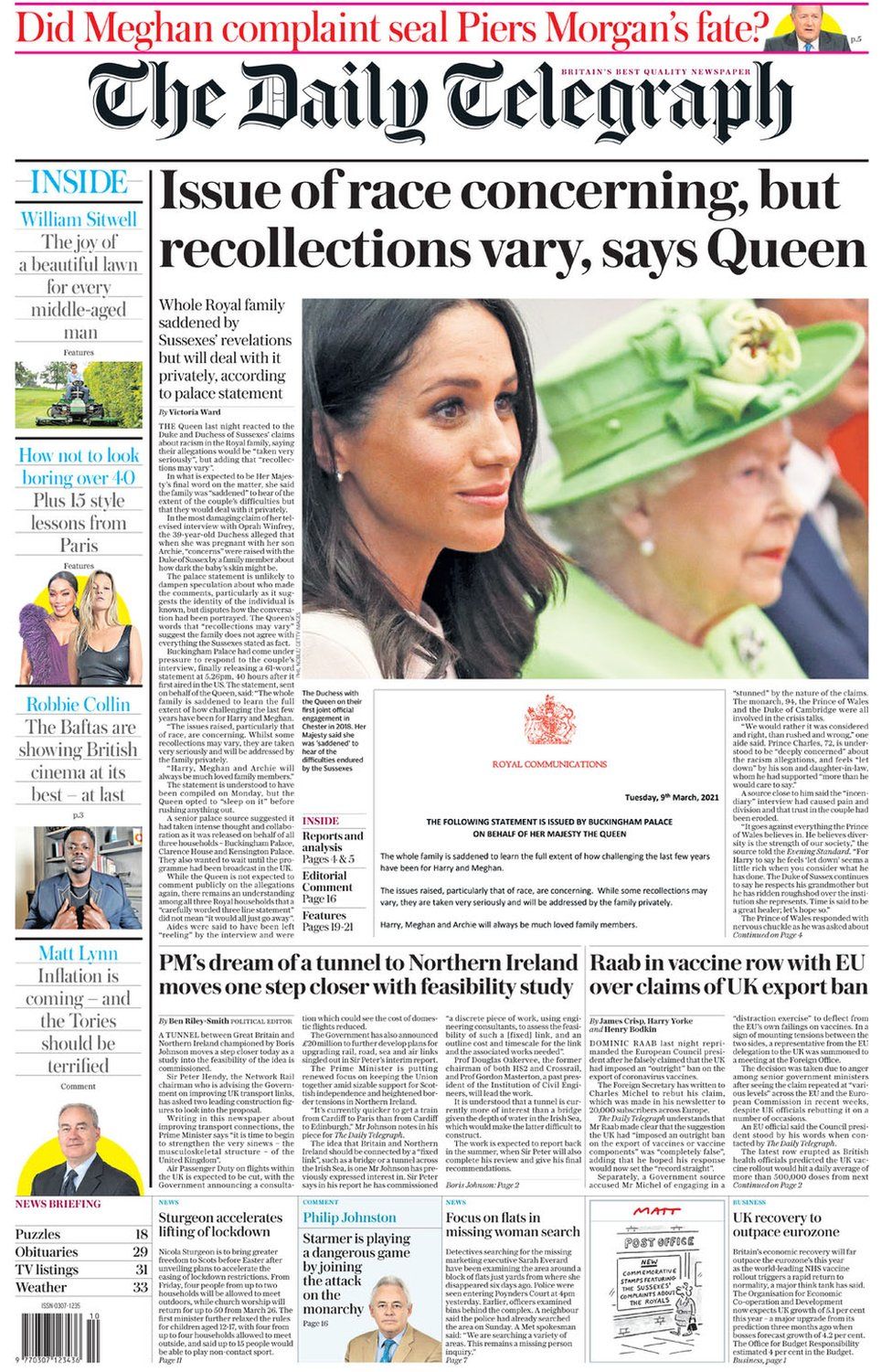Word of the Day: bust – Telegraph
$ 13.00 · 4.7 (93) · In stock

To bust means ‘to hit, burst, or break.’ We also use bust, followed by the preposition up, to mean ‘to damage or destroy’ or to refer to a couple ending their relationship. Informally, it means ‘to arrest someone’ or ‘to enter a house in a police raid.’ As a noun, a bust is a failure, a sudden economic depression, or a police raid. As an adjective, it means ‘bankrupt.’ The past tense and past participle of bust can be either busted or bust.

The Daily Telegraph places the Phoenicia Hotel among the best 30 Grand Dame Hotels of the World

Is Coco Gauff the new Serena Williams? Absolutely not

If you're not going to support this team, there is no point in coming - Peterborough United boss admits bust-up with fans during Barnsley draw

Newspaper headlines: Royal claims to be handled privately and 'Morgxit' - BBC News

Practice by Rosalind Brown, review: sonnets and seduction

Letters: Oliver Cromwell and the challenge of dealing with complex history

English-language dailies in N.B. will print only 3 days a week
Word of the Day ARDENT #everydayenglish #easyenglish #speakenglish #phraseoftheday #vocabulary #englishvocabulary #wordoftheday #natio
Daily Telegraph

